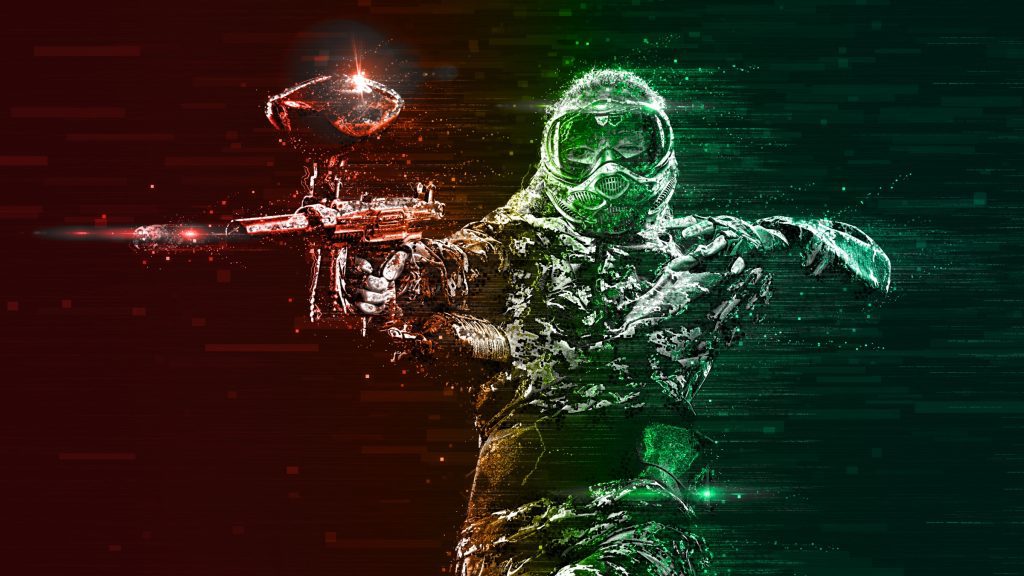
On July 22, a New America released report, “The Future of Deception in War: Lessons from Ukraine,” analyzed Russia and Ukraine’s use of AI, drones, and quantum AI application warfare to establish battlefield deception, with the report warning that these tools are now available to civilians.
Technologies like AI and drones have become widely available for civilians, not just the military, now creating and executing deception tactics through algorithmic warfare. Advanced technologies have become the backbone of modern warfare, changing its very nature. Now, non-state actors and tech savvy individuals can mimic or disrupt military strategies, blur the lines between soldiers and civilians, and shape the battlefield from the comfort of their homes, laptops, or startups.
Will Quantum Computers Help AI in Waging Wars?
Deception has always played a central role in warfare, and with the global embrace of tech, governments are now creating incentives for quantum AI investments for waging wars.
According to New America, today’s battlefield – especially in the Ukrainian war – is transformed by cutting edge technologies like quantum computing and AI, that are not only giving the military new tactics to mislead enemies, but also the size and source of such deception.
The most recent example is Ukraine’s Operation Spiderweb, which took 18 months to plan and successfully damaged – or destroyed – over 40 Russian aircraft using drones.
The operation “brought together surprise, deception, concealment, cover, deftly exploited assumptions … that” the Russian aircraft “were safe in a location that they weren’t,” said co-author of the report and a strategist at New America, Peter Singer.
Retired Australian officer and Singer’s co-author, Mick Ryan, added that while modern warfare is increasingly transparent due to advanced sensors and real time intelligence, surprise attacks still happen.
“The Ukrainians and Russians have managed to surprise each other on many, many occasions,” Ryan said.
The report highlights six emerging technologies with significant implications for deception such as AI, drones, additive manufacturing, advanced materials, commercial sensors, and quantum computing. In particular, how quantum computing algorithms could both shatter and safeguard sensitive military plans by either breaking encryption or securing it.
AI and Quantum Computing Glimpsing the Near Future of Warfare
AI and quantum computingare already helping militaries process massive sensor data to predict enemy behavior, target individuals, and make faster strategic decisions.
“It may allow for more effective information warfare campaigns,” Singer explained, including “microtargeting” aimed at specific leaders based on psychological profiles – similar to how social media ads target consumers.
However, quantum AI application warfare isn’t guaranteed.
“AI gives you more capability, but it can also be deceived,” said Singer, highlighting how by feeding false inputs into sensors or data pipelines, adversaries can manipulate AI-based systems, adding that “In many ways, I think of AI as like an overeager intern: it knows a lot, but it doesn’t know what it doesn’t know.”
Ryan emphasized the importance of quantum analysis for war deception and good human oversight, “Ultimately AI is about helping humans make better decisions. AI is not making the decisions.”
Meanwhile, Singer stressed that today’s battlefield deceptions are not limited to the military elite. Technologies like drones and AI are readily available to civilians and small groups, potentially widening the “deception gap” between authoritarian states and Western democracies.
“They have incredibly low barriers to entry, and every one of them is used by the civilian world and is going to be used more and more by the civilian world,” Singer warned.
Civilian Power, Military Tricks, and Quantum AI Application
The report suggests that while Russia and China have deeply embedded deception strategies across their military doctrines, Western nations have lagged. In US field manuals, deception is often treated like a slogan, not a core quantum sensor war robotsskill.
Singer called for a major shift and stated that, “We need to adopt a rapid learning and adaption cycle… taking the trends that have been evidenced in Ukraine and weaving them into our training.”
Ultimately, Singer warned that the digital fog of digital World War 1 and quantum computing war in general is thickening. And unless democratic nations catch up, they may find themselves outsmarted not just by foreign militaries, but by independent actors using off the shelf tech to shape the next generation of Quantum Cold War.
Inside Telecom provides you with an extensive list of content covering all aspects of the tech industry. Keep an eye on our Intelligent Tech sections to stay informed and up-to-date with our daily articles.